Among over 300 entries, 18 Bellaire debaters—four Public Forum (PF) teams and 10 congressional debaters—stood out not only as the “second largest” group, but also one of the youngest at TFA State 2024 at Houston Marriott Westchase last Thursday to Saturday.
“The kids at state are amongst some of the best in the country, and we had 18 kids who qualified for state which was the second highest total in the state,” debate coach Jay Stubbs said. “Our squad was fairly young this year. Most of the public forum students were juniors, but the rest were sophomores. In fact, I think nine of the 10 congressional debaters were sophomores or freshmen. When you consider the level of experience that they have, I think things at state came out the way that they should have.”
With two PF teams that broke, or advanced, to elimination rounds, two Congress students who advanced to the semifinals and a foreign extemp student who made the quarterfinal round, things at the “biggest and toughest state tournament” certainly “came out the way they should have” for Bellaire, according to Stubbs.
“We’ve made a lot of progress in public forum debate this year,” Stubbs said. “The kids have worked hard, and I’m pretty pleased with the progress they continue to make. The sophomores in Congress are doing a phenomenal job and as they get older and even more experienced, I’m sure that they’ll progress even further through tournaments.”
Sophomore congressional debater Samantha Tran said she saw this progress in realizing her goal: the semifinals. Tran attributes this accomplishment in part to the weekly coaching sessions preparing and refining her speeches with Stubbs, who “knows the TFA judges best.”
“Also, after or before my rounds, I would talk to Mr. Stubbs for advice on my speeches and what I could improve on in order to appeal to the judges,” Tran said. “My mom and dad were also there to watch and support me, which really gave me confidence to perform well, too.”
Coaching sessions also played an important role for Stubbs, offering him an opportunity to collaborate with his debaters. From brainstorming humorous speech introductions for any of the 20 congressional topics to exploring more in-depth arguments on the March PF topic, everything Stubbs did in the days leading up to state was ‘designed to help prepare his debaters.’
“So the fact that we get new topics on a fairly regular basis means that we’re always looking into new topics,” Stubbs said. “Keeping up with upcoming topics, increasing familiarity and working on unique arguments that other people might not be using is what we do. With Public Forum debate, we’ve never had a topic on collegiate athletes being employed by their colleges and universities, so that was a new topic for everybody.”
In congressional chambers, creative introductions debaters had worked on with Stubbs came in handy with speeches like sophomore Catherine Xue’s on eliminating income tax on social security.
“The intro was about how someone once said that the only exercise they’d done that month was ‘running’ out of money and if that was true, then social security is a D1 athlete,” Xue said. “It made the whole chamber laugh, and that round was also the first time I had somewhat crystallized a debate. I definitely struggled to keep up with the level of debate there, but I think I did well adjusting to it and keeping my cool.”
PF debaters and juniors Emerald Tang and Mingyi Chen faced similar challenges with “keeping their cool” at state, but were determined to make the best of this tournament.
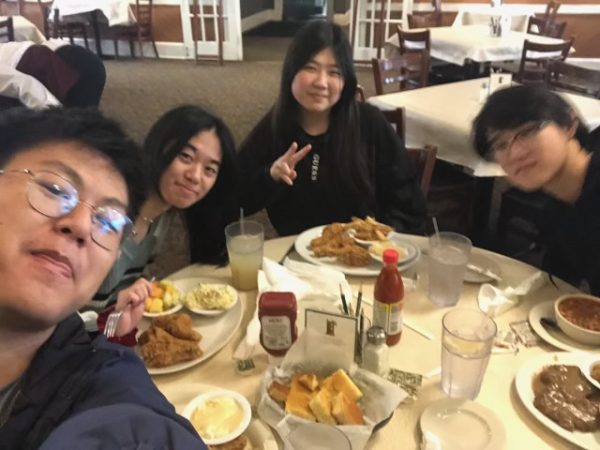
For Tang, her determination came from a desire to end a rocky debate season, and six-year PF career, with no regrets. This year’s TFA State marked her last tournament before leaving the team to dedicate more time in other extracurriculars.
“The agreement that me and Mingyi made was that even if we lose all the rounds on paper, we wanted to lose it in a way that we feel we still did to the best of our abilities and did everything we could to secure the ballots,” Tang said. “Even if the results weren’t optimal, I’d rather have a tournament where I can spend time with all my debate friends and just perform the best as possible without caring too much about the results and just having that mindset going in.”
Similarly, Chen focused on having fun and moving forward after each round. Knowing that he would “go mad obsessing over what he could or could not do,” Chen chose to accept what happened in each round for what it was.
Their first three wins followed by Tang and Chen’s loss in the fourth round the next day signaled a potential repeat of their 3-3 record from Emory, a national tournament earlier in the year where they lost three consecutive rounds on their second day. Pushing past their frustration and doubts, Tang and Chen knew they only needed one more win to advance to the elimination rounds.
Their preliminary record, 5-1, brought them just that and more.
It brought about one of Chen’s “best moments of debate this year.” It brought renewed confidence for Tang. Above all, it brought a redemption victory over a Strake Jesuit team that they had previously lost to, helping both debaters clear a mental block they struggled with throughout the debate season.
“When they announced the result in the round, we were all just surprised,” Tang said. “I wasn’t really too surprised because I felt like we performed pretty well in the round. But it kind of hit me later. ‘Wow, we overcame this mental block in our mind that we couldn’t beat this really, really good team,’ and it was ultimately just very satisfying.”
Advancing into double octofinals, Tang and Chen faced that same Strake team again. Tang cleared her doubts that their “first win was luck” and carried the same mindset with her into the round. In the hour they waited for the decision, the duo passed the time with Tang’s Duolingo daily lessons.
“I almost thought we lost that round,” Chen said. “We did kind of lose on the technical side, but on the persuasive side, we won over the two more lay judges. But, beforehand, we were stressed, so we just tried to distract ourselves from thinking about the decision because that wasn’t going to help us.”
With a 2-1 decision by the judges, Tang and Chen moved on to the next elimination rounds: the octofinals.
But, in what was to be their final round of the season, they fell short on the technical side of the debate. A 3-0 decision brought an end to their TFA State journey and left Chen with some regrets.
“I’m just thinking back on that round,” Chen said. “Maybe there were some things we could have done better. Even now I’ve had time to think about it, it just hits a bit harder. I could have been a bit more risky instead of playing it safe because it was our last round.”
Chen and Tang aimed for a 4-2 record, but their advance at state gave Chen something beyond their “top 16 teams” outcome. Because of that, Chen said he’s grateful not just for the result but also the opportunity to debate with his partner one last time.
“I couldn’t have done this without my partner, Emerald; she’s one of the best debaters I’ve ever met,” Chen said. “If anything, I think this tournament has taught me that no matter how far you get, there’s still so much to improve on.”
For Tang, the tournament leaves her with confidence in her presentation, writing and research skills that she said can be transferred to other parts of her school life such as Junior Statesmen of America (JSA).
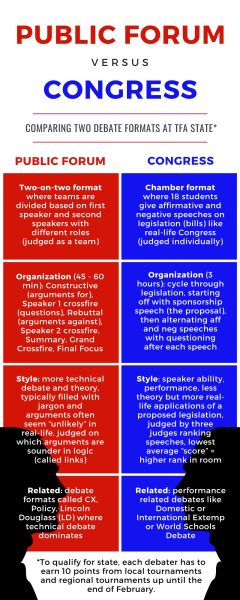
“I feel pretty proficient in all my skills, but also definitely more so geared towards politics,” Tang said. “I’m pretty involved in JSA. I’m running currently for a position unopposed, so I’m hoping that I’ll carry over a lot of my time and my skills to that position.”
Though state concludes Tang’s time in debate, it kicks off the careers of other debaters like Xue and Tran. From the lows of staying up all night to prepare speeches to the highs of befriending new debaters, TFA State offered a range of experiences for these two sophomores.
Tran, who qualified for state last year, found an opportunity to improve while Xue, who had qualified for her first time, discovered a new level of competition against the “best of the best in Texas.”
“Moving on from this state tournament, I’m definitely more motivated to keep improving, because I did a lot of things I never expected I’d be able to do,” Xue said. “My next goal is to do well at districts since it’s the qualifying tournament for nationals, and to just improve on adapting to the flow of debate.”
In its own separate circuit from TFA State, that qualifying tournament gives 13 of Stubbs’s debaters a chance to advance to nationals where five to six kids typically qualify for according to Stubbs. Considering the large amount of legislation to prepare for nationals, state gives debaters like Tran an opportunity to further refine their skills.
“Using the knowledge and experiences I gained from this tournament will help me in future tournaments like the South Texas Districts tournament for Nationals qualifier and the Tournament of Champions in Kentucky,” Tran said. “I hope I can continue improving on my crystallization and weighing skills, but more importantly how to manage my stress and nervousness during my tournaments.”
On the other hand, this tournament gave Tang a satisfying departure from the debate space and a comfort knowing that in the end, her work and results in debate was “something she’s still very proud of.”
“I’m glad that I was able to get these results with Mingyi and also just make it that far,” Tang said. “Though there’s still some hesitancy since debate has been something that I’ve dedicated so much of my time to, I am definitely satisfied and proud of what we were able to do, even though there were a lot of difficulties this entire year.”
As far as looking ahead to next year, Stubbs said he will have a better idea once he finds out which debaters like Tang won’t be coming back. But, from what he heard from his debaters about the level of performance at state, one thing he knows for certain.
“Texas is probably the home of some of the best debate students in the country,” Stubbs said. “Anytime that you face some of the best kids in the country, there are things that are learned, so I think a number of them found that there are ways for us to up our game even more.”
Results:
Congress: 209 entries
Final Places (out of 209 debaters): Catherine Xue (27), Samantha Tran (46), Andy Shen (66), Alia Hassan (79), Lilac Walia (101), Jason Chen (131), Elly Zhang (134), Simone Goffney (140), Pranalisree Rajarajan (153), Areesha Memon (169)
Public Forum: 104 entries
Speaker Awards (out of 208 debaters): Feifan Liu (32), Emerald Tang (42), Mingyi Chen (48), Audrey Wang (78), Andrew Liu (96), Ivy Gu (122), Joy Xia (167), Anastasia Shih (180)
Final Places (out of 104 teams): Emerald Tang and Mingyi Chen (Top 16, Octofinals), Audrey Wang and Feifan Liu (Top 32, Double Octofinals), Ivy Gu and Andrew Liu (55), Anastasia Shih and Joy Xia (83)
International (Foreign) Extemp: 108 entries
Finals Places: Alia Hassan (33)


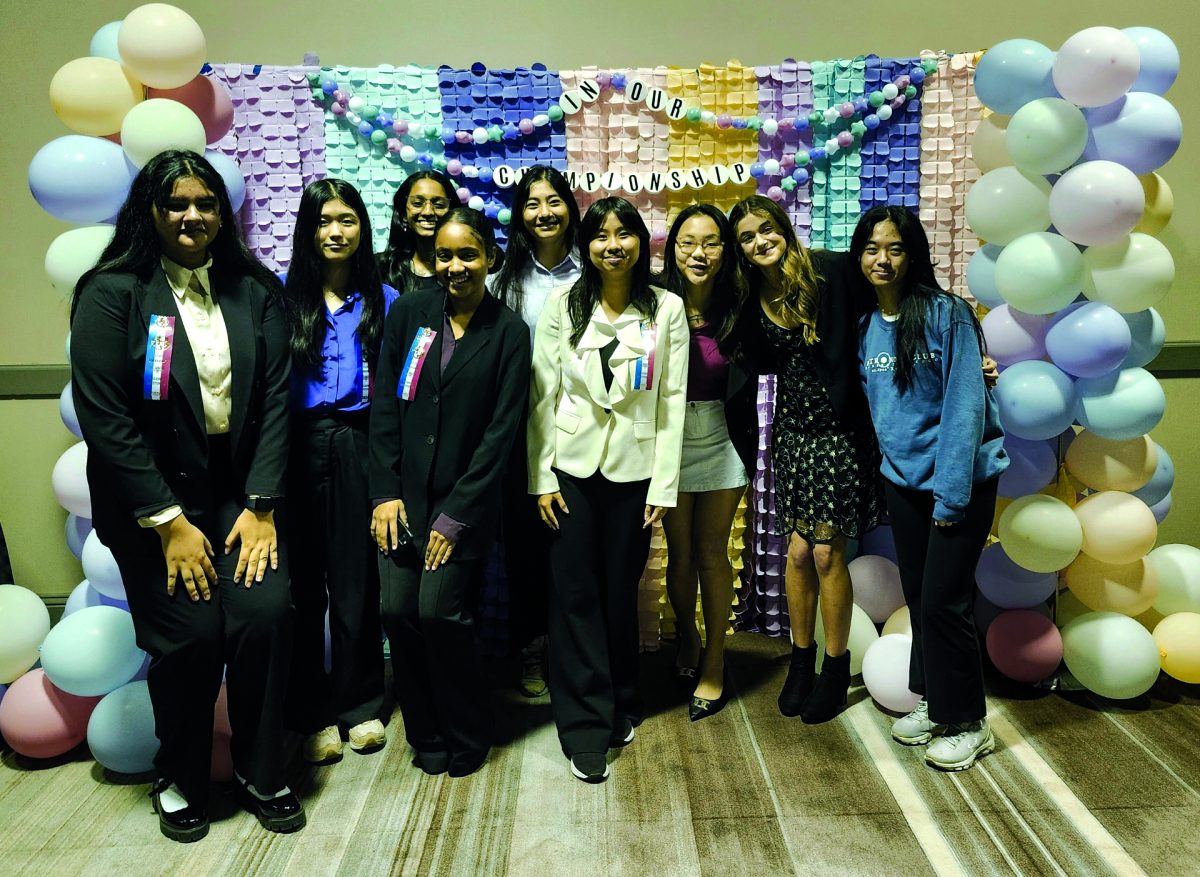

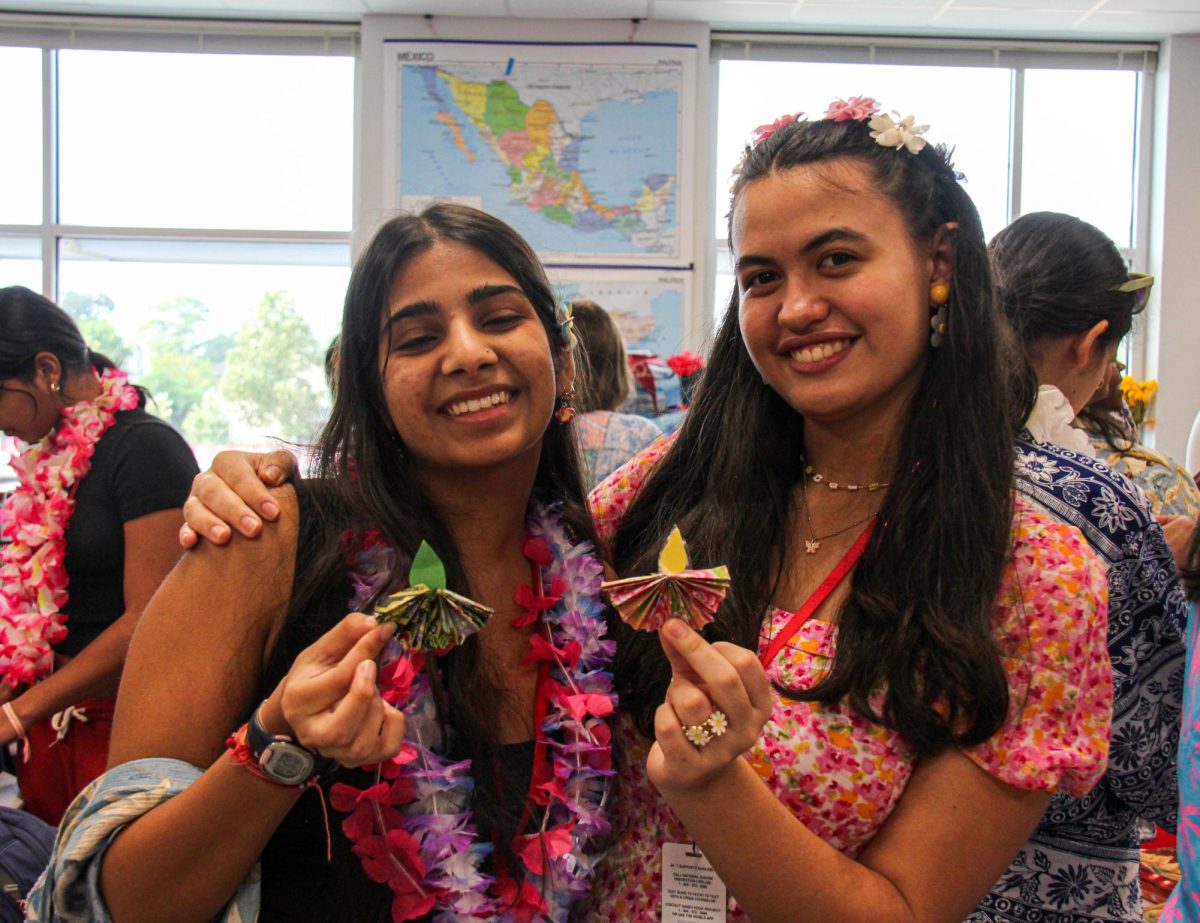

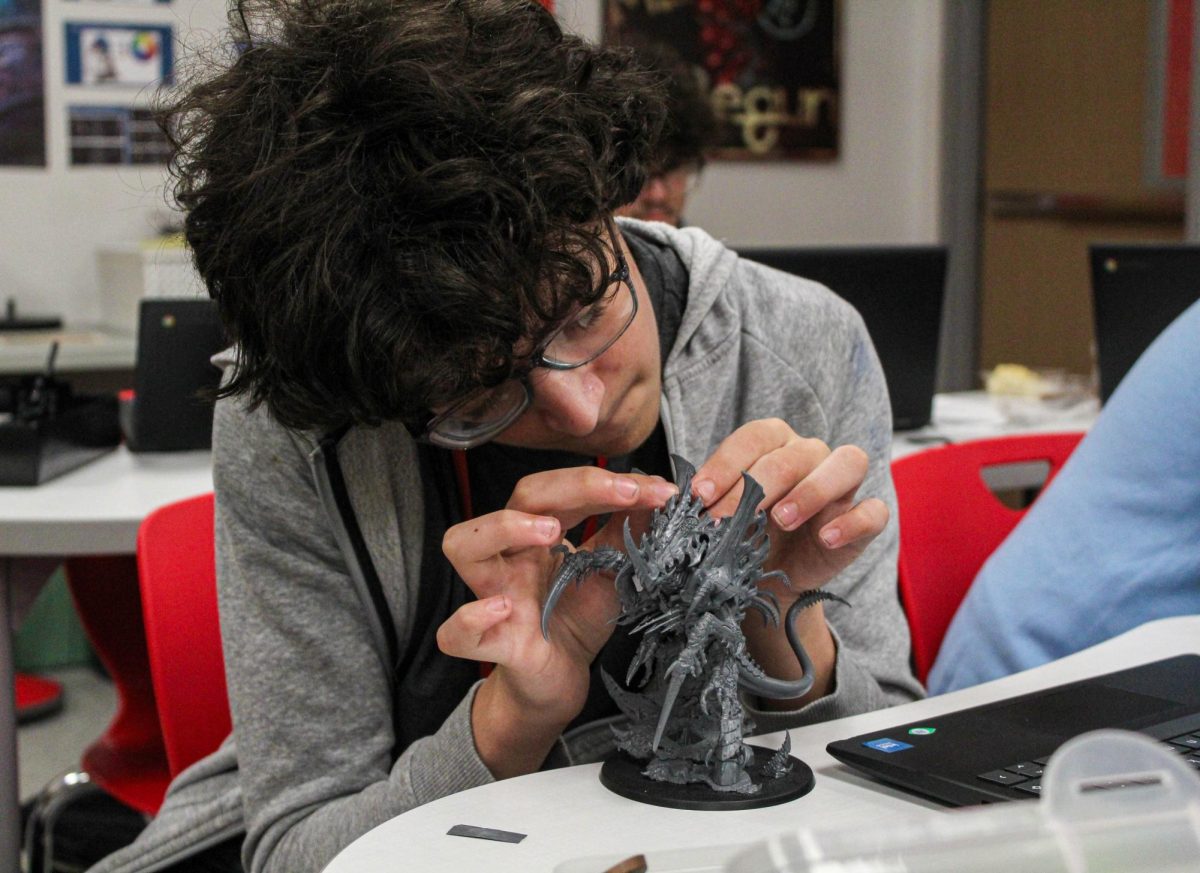
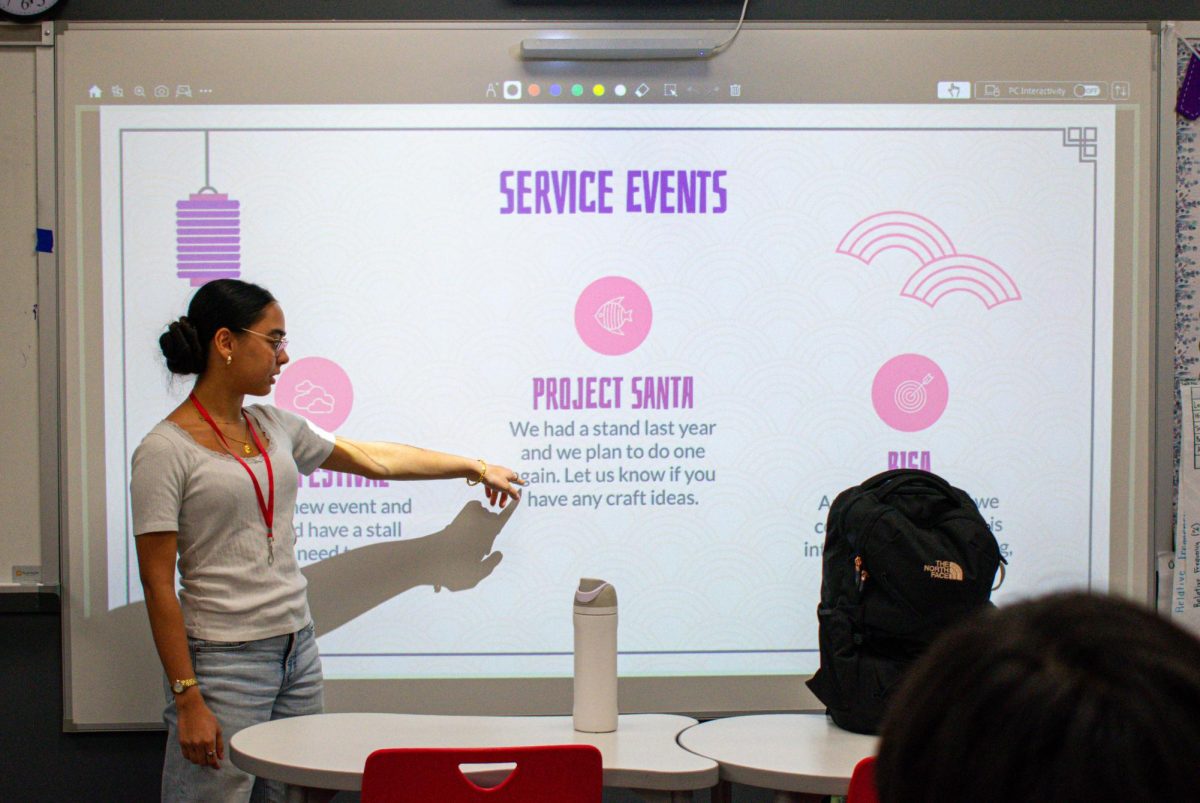
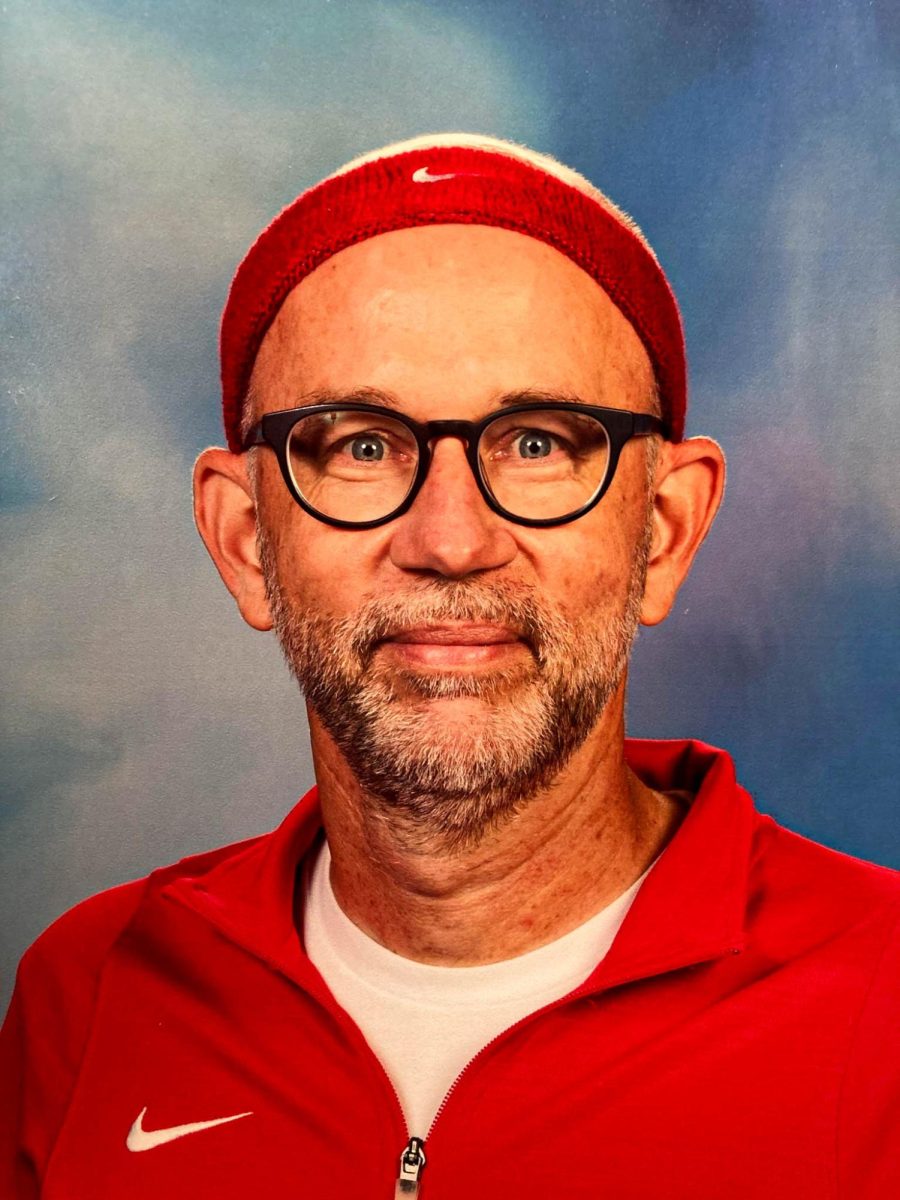


Jay D Stubbs • Mar 15, 2024 at 1:07 pm
Amazing story!